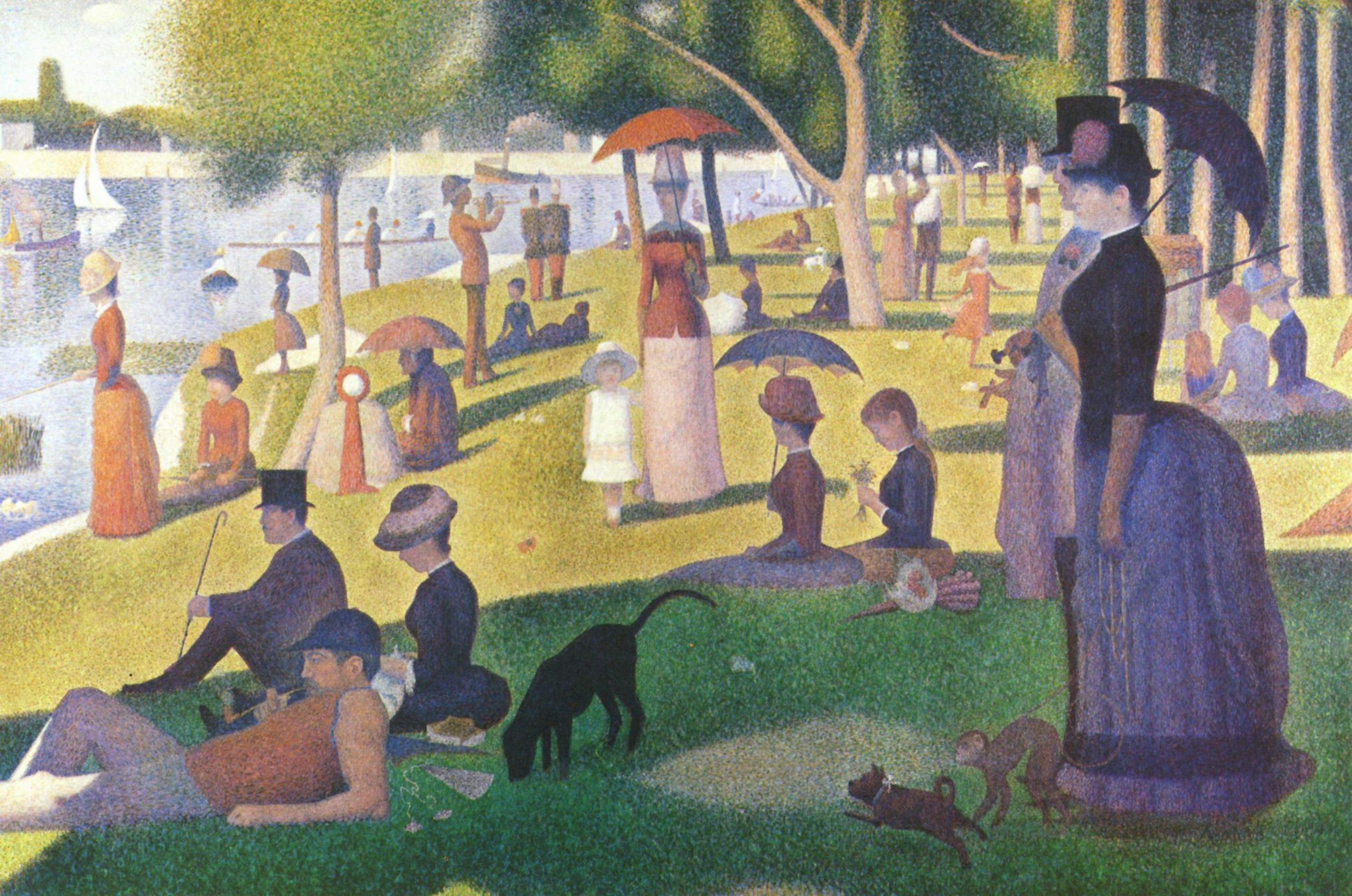The filter traps dirt, lint, pet hair, and so forth (tip: never look too closely at the "and so forth.") But the filter has to be porous enough to allow air, and yes, a little bit of dust out.
Sid’s fabulous story about accidentally vacuuming without a bag in place made me think of someone I’ve worked with. Warm, friendly, great salesperson, fabulous "big ideas" kind of guy - but utterly lost at sitting down and working out the little nuts and bolts of life, like staying within a budget, or balancing a checkbook.
When I think of - let’s call him Bagless Bob - I think of that vacuum, merrily sucking up everything and spewing out a lot of junk behind it. It’s like his filter is missing or damaged. Lucky for Bob, he does have a some partners to act as his filter - and sometimes he even listens to them!
And for those with OCPD, it’s like their filters are TOO tight. They go waaaay beyond a HEPA filter to sealing theirs all over with duct tape, lest a tiny mote of dust get out. And, of course, that doesn’t work out, either.
When someone with OCPD writes a report, they often include too much unnecessary detail, because... they have problems figuring out which are the important bits.
When someone with OCPD hoards, again, it’s often related to problems discerning what is valuable and what is junk. So, better keep all of it, just in case. (Or, in some cases, they want to throw everything away.)
When they nit-pick their partners or children, it seems their perception glides right past the 115 things we said, did or looked right, zooming in on the single thing we said wrong, the sole cat hair we missed when brushing off our slacks. You know when they played that Sesame Street game, "Which of these things are not like the others?" they figured it out in record time.
It’s like the Bagless Bobs of the world only see this
 |
| Georges Seurat - A Sunday Afternoon on the Island of La Grand Jatte via Wikimedia Commons |
A "normal" person can zoom in and see the detail, or back away and see the big picture.
Sharon Begley (whose excellent, clear and informative writing is always worth reading, IMO) just wrote in Newsweek about information overload and how it affects judgment. I am reminded again of the overlapping symptoms of some with OCPD and some with autism - the reported sensitivity to light, sound, and odors. In addition, many have described having problems being in touch with their emotions.
If the emotions are shut out of the decision-making process, we’re likely to overthink a decision, and that has been shown to produce worse outcomes on even the simplest of tasks. In one classic experiment, when volunteers focused on the attributes of various strawberry jams they had just rated, it completely scrambled their preferences, and they wound up giving a high rating to a jam they disliked and a low rating to one they had found delicious.Now, even "nons" can experience information overload. This is why it’s crucial to periodically unplug from various devices and not have e-mail/text/video clips bombarding us 24/7.
But although the world is full of many, many things "coming at us at once," those without OCPD seem to have a built-in automatic filter that does a pretty good helping us focus. For example, I’m sitting at my desk, typing on the keyboard. I’m mostly aware of the monitor and the words appearing there, but if I pause, I can become aware of the scented candles I lit, the soft background music, the books and furniture and such that are all around me. It doesn’t feel "all in my face" at once.
Ex b-f frequently criticized me for "trying to do too much at once," and one of the places he stressed out the most was the car. I found music to be calming while I drove (especially with him) and he thought it was too distracting. He was also always pointing out vehicles and other imminent dangers, as he thought, but was horrible at giving directions so I would have enough time to change lanes to make turns or enter the freeway. Getting a vehicle with a built-in navigation system saved my sanity, because even if he thought it, too, was an unnecessary distraction, at least I could trust it to tell me when an turn was coming up.
Many other "nons" have related that driving with an unaware/untreated OCPDr is excruciating, regardless of whether they are the driver or the passenger. This makes a lot of sense if those with OCPD are operating with a too-tight "filter." All the cars and signs and lights and pedestrians and so forth would seem to be coming at them at once, and that would be terrifying.
However... they do learn to drive, most quite safely, even if they white-knuckle it a bit in traffic situations, and, like anything else, the more they do it, the better they get at it.
So - can those with OCPD learn or be taught to loosen up their "filter"? What's your experience with this?
